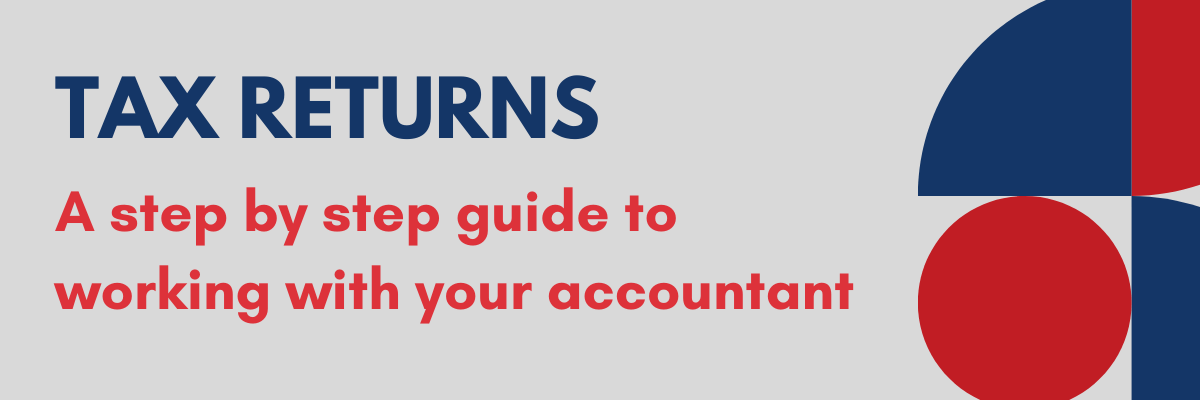As a business owner, you will be aware of the legal duties that come with owning a business – and having to complete an annual tax return is one of them. Whilst many choose to do their own tax returns, especially at the beginning of their business journey, there are also many who prefer to hand this commitment over to an accountant.
As a reminder, you have until 31st January 2021 to complete your tax return for the tax period of 6th April 2019 to 5th April 2020. After the end of January deadline, HMRC can issue penalty fees and interest charges which increase the longer you leave it.
The reasons why Network Marketers – or any business owner for that matter – get an accountant to file their tax return are varied, but broadly they fall into one of the below categories:
- Time saving: Network Marketers are busy people, often juggling family and other work commitments alongside their network marketing business.
- Lack of knowledge: For many, it’s the first time they’re running a business and they’re not confident dealing with their legal obligations by themselves.
- Peace of mind: Simply knowing that it’s one thing less to worry about, and of course avoiding hefty penalty fines, gives many business owners peace of mind.
Once you have decided to let your accountant deal with your self-assessment tax return, how does the process work? What do you as the business owner need to provide?
Step 1
Find an accountant who understands your business and industry. We have helped many Network Marketers comply with their accounting obligations and would be happy to have a chat.
Step 2
Collate the following documents and share them with your accountant:
- If you haven’t already done so, register with HMRC to receive your Unique Taxpayer Reference (UTR) – this may take a while so we advise you to do this as early as possible
- If you are employed, ensure that you have got a copy of your P60 or P45 (if you’ve left employment during the year).
- If you are self-employed, ensure that you have collated all of your receipts, then:
- If you are using software to record these, send a link to your accountants.
- If you are using a spreadsheet, send this to your accountants.
- If you haven’t summarised your receipts, send these to your accountants for them to summarise.
- Collect details of any interest received during the tax year.
- Collect details of any dividends received during the tax year.
- If you are renting out a property, collect details of any rental income and expenditure (including mortgage interest).
- If you have sold any investment property or shares during the year, then collate the purchase and sale documentation.
- Ensure that you have details of any pension income received during the year, either from a State Pension or an Occupational Pension.
- Collect details of any contributions made to private pension schemes during the year.
- Collect details of any Gift Aid payments made during the year.
Step 3
Your accountant will now interpret the above details, proactively look for ways to minimise your tax liability and prepare your tax return for your approval. If everything is in order and no further documents or details are required, the tax return will be submitted by the accountant to HMRC on your behalf prior to the deadline.
Step 4
The accountant will deal with any further queries by HMRC.
If you require any assistance with your self-assessment tax return, please contact our team on 01444 458252 or network-marketing@prbmp.com
